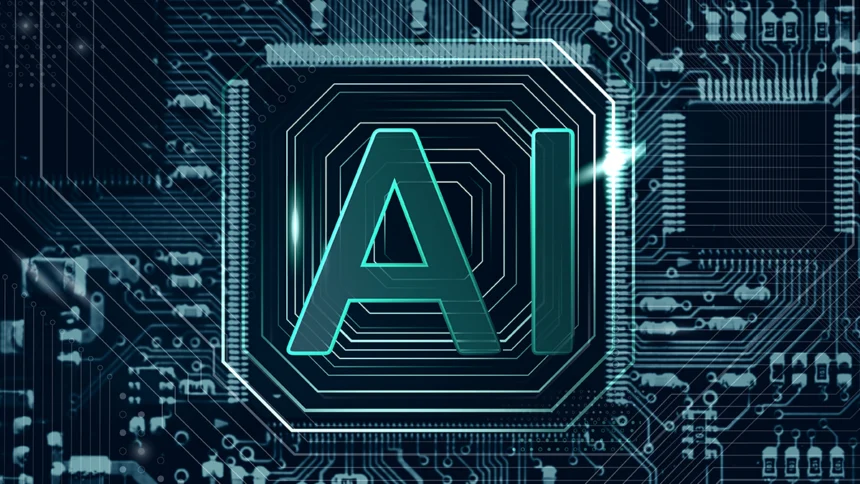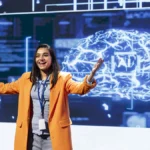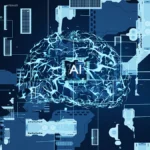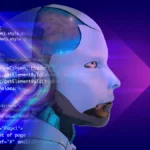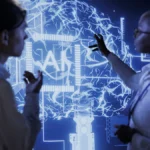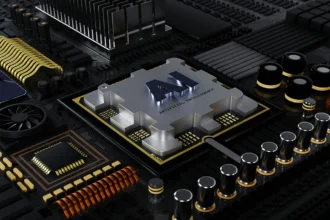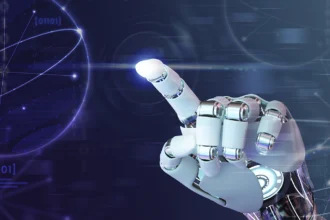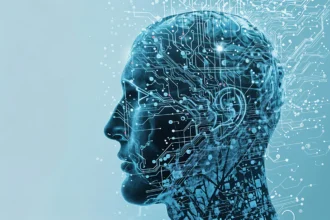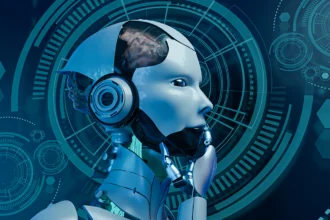Have you ever wondered how Artificial Intelligence (AI) is reshaping our world? From the way we learn and work to how we interact and entertain ourselves, AI’s influence is undeniable and ever-growing. In this article, we’ll explore the profound impact of AI on various aspects of our lives, discussing its benefits, transformations, and what the future holds.
Understanding Artificial Intelligence
Artificial Intelligence, commonly referred to as AI, is the simulation of human intelligence processes by machines, particularly computer systems. These processes include learning (the acquisition of information and rules for using the information), reasoning (using rules to reach approximate or definite conclusions), and self-correction.
What is Artificial Intelligence?
AI encompasses a range of technologies like machine learning, neural networks, natural language processing, and robotics. These technologies enable machines to perform tasks that typically require human intelligence, such as visual perception, speech recognition, decision-making, and language translation.
How is AI Different from Traditional Computing?
Traditional computing follows predefined instructions to perform tasks, whereas AI can learn from experience and make decisions based on data analysis. This distinction makes AI capable of handling complex tasks and improving over time, unlike traditional software.
The Transformative Impact of AI
AI’s transformative impact is visible across various sectors. Let’s delve into how AI is revolutionizing education, employment, healthcare, entertainment, and everyday life.
AI in Education
AI is reshaping the educational landscape by providing personalized learning experiences, automating administrative tasks, and offering innovative teaching tools.
Personalized Learning
AI-driven platforms analyze students’ learning patterns and tailor educational content to meet individual needs. This personalized approach helps students learn at their own pace and enhances their understanding of complex subjects.
Administrative Efficiency
AI automates administrative tasks such as grading, scheduling, and admissions, allowing educators to focus more on teaching and student interaction. This efficiency improves the overall educational experience for both students and teachers.
AI in Employment
The impact of AI on employment is multifaceted, influencing job creation, job displacement, and workplace efficiency.
Job Creation and Displacement
AI is creating new job opportunities in tech-driven fields such as data analysis, AI research, and cybersecurity. However, it also displaces certain jobs, particularly those involving repetitive tasks. The key is to balance these changes through reskilling and upskilling programs.
Enhanced Workplace Efficiency
AI enhances workplace efficiency by automating mundane tasks, enabling employees to focus on more strategic and creative endeavors. For instance, AI-powered chatbots handle customer queries, allowing human agents to tackle complex issues.
AI in Healthcare
AI is revolutionizing healthcare by improving diagnostics, personalizing treatment plans, and accelerating drug discovery.
Improved Diagnostics
AI algorithms analyze medical images and patient data to provide accurate diagnostics. This capability leads to early detection of diseases, improving patient outcomes and saving lives.
Personalized Treatment Plans
AI helps in devising personalized treatment plans based on individual patient data, enhancing the effectiveness of medical interventions. This personalized approach ensures that patients receive the most appropriate and effective treatments.
AI in Entertainment
The entertainment industry is leveraging AI to enhance content creation, recommendation systems, and user engagement.
Content Creation
AI assists in creating music, art, and even movie scripts. For example, AI algorithms compose music that resonates with listeners’ preferences, leading to more engaging and personalized entertainment experiences.
Recommendation Systems
AI-powered recommendation systems analyze user behavior and preferences to suggest relevant content. This personalization keeps users engaged and satisfied, driving higher consumption of entertainment media.
AI in Everyday Life
AI’s influence extends to our daily lives, making tasks more convenient and efficient.
Smart Homes
AI-powered smart home devices like virtual assistants (e.g., Amazon Alexa, Google Assistant) and smart thermostats learn from user behavior to automate household tasks, improving convenience and energy efficiency.
Transportation
AI is transforming transportation with advancements in autonomous vehicles and traffic management systems. Self-driving cars, powered by AI, promise safer and more efficient travel, while AI-driven traffic systems optimize traffic flow and reduce congestion.
The Future of AI
The future of AI holds immense potential, promising further advancements and societal impacts.
AI and Ethical Considerations
As AI continues to evolve, addressing ethical considerations such as data privacy, bias, and job displacement becomes crucial. Developing fair and transparent AI systems is essential to ensure that AI benefits all of society.
AI in Emerging Technologies
AI will play a pivotal role in the development of emerging technologies such as quantum computing, biotechnology, and space exploration. These advancements will open new frontiers and drive innovation across various domains.
Preparing for an AI-Driven Future
To prepare for an AI-driven future, individuals and organizations must embrace lifelong learning, adapt to new technologies, and foster a culture of innovation. Investing in education and training programs will ensure that the workforce is equipped with the skills needed to thrive in an AI-powered world.
Frequently Asked Questions (FAQs)
What is Artificial Intelligence?
Artificial Intelligence (AI) is the simulation of human intelligence processes by machines, particularly computer systems, involving learning, reasoning, and self-correction.
How does AI impact the job market?
AI impacts the job market by creating new opportunities in tech-driven fields and displacing certain jobs that involve repetitive tasks. Reskilling and upskilling are essential to balance these changes.
How is AI used in healthcare?
AI is used in healthcare to improve diagnostics, personalize treatment plans, and accelerate drug discovery, enhancing patient outcomes and saving lives.
What are the benefits of AI in education?
AI benefits education by providing personalized learning experiences, automating administrative tasks, and offering innovative teaching tools, enhancing the overall educational experience.
What ethical considerations are associated with AI?
Ethical considerations associated with AI include data privacy, bias, and job displacement. Ensuring fair and transparent AI systems is essential to benefit all of society.
READ MORE : Essential AI and Machine Learning Tools
Conclusion
Artificial Intelligence is undeniably transforming our world, impacting education, employment, healthcare, entertainment, and daily life. As we navigate this AI-driven era, it’s crucial to embrace these changes, address ethical considerations, and prepare for a future where AI plays an integral role. Thank you for joining us on this exploration of AI’s impact. Stay connected with USA trends through social media, push notifications, and newsletters to receive instant updates on the latest courses, jobs, and internships. Together, let’s shape a brighter future with AI.


